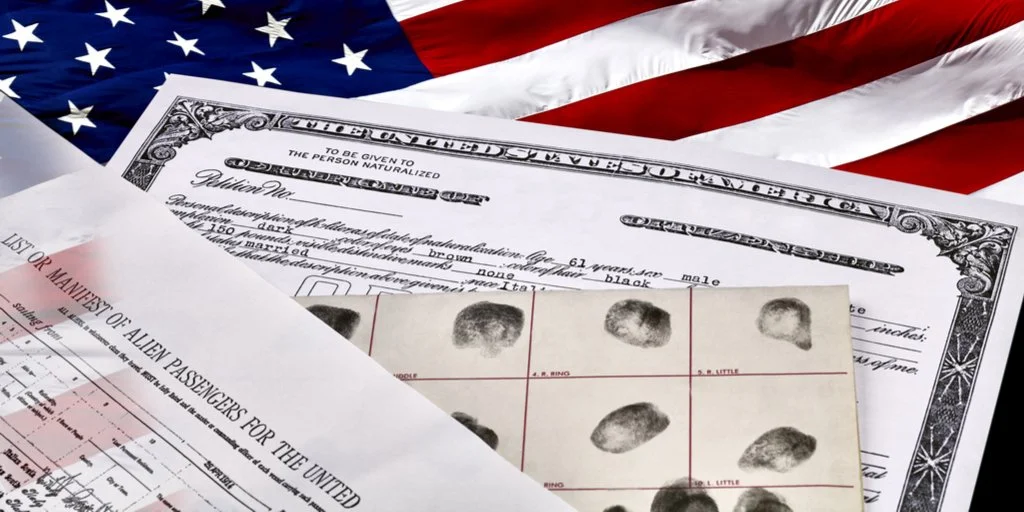South Carolina’s push to legislate Bill 323 has sparked debate on whether the delegalization of abortion is morally just or a legal overreach. Where autonomy is denied, power is stripped of the individual and the state begins to control.
Read MoreNews about the Supreme Court’s “shadow docket” has taken over our newsfeeds. What is it, and is it really so different from the Supreme Court’s typical practice?
Read MoreFrom the Apollo missions to the ISS, outer space was once a frontier of progress and cooperation. However, in 2025, it has become the next arena of military rivalry and natural resource contest, driven by the inadequacy of our legal frameworks.
Read MoreAnalysis of Obergefell’s upcoming second day in court and what it means for many of the intimacy-based rights Americans enjoy today.
Read MoreThis response reflects on Justice Barrett’s first book, paying particular attention to the literary style and the Justice’s philosophy on the law and the Constitution.
Read MoreAn exploration of how Italy’s evolving citizenship laws–from ius sanguinus to ius scholae–reflect the country’s struggle to define who truly belongs to the Italian nation.
Read MoreThe Trump administration’s selective adherence to international law in its foreign policy suggests that American claims to “peace” often conceal the pursuit of power, a signal of deterioration in the modern global rules-based order.
Read MoreCold War legal echoes still shape the First Amendment free speech rights of Legal Permanent Residents in the United States.
Read MoreRecent legal battles prompted by President Trump’s withdrawal of federal waters from offshore wind energy development recall a long history of legal and political disputes over the use of presidential power to regulate energy infrastructure in the Outer Continental Shelf.
Read MoreA slew of majority-Democratic states have sued the Department of Justice in response to new limitations on the use of federal grant funding to aid survivors of sexual assault and domestic violence if they are undocumented immigrants. These new restrictions are likely to deter or prevent survivors of violence against women from coming forward, regardless of their immigration status.
Read MoreSince Russia’s full-scale invasion of Ukraine in 2022, thousands of foreign volunteers, including many Americans, have traveled to join Ukraine’s fight against Russia. These fighters operate in a gray zone of the law. Are they unlawful mercenaries, or noble volunteers fighting for a just cause? The question exposes a gap between outdated U.S. laws (the Neutrality Act dating to 1794) and the so-called Foreign Enlistment Act of 1818) and modern realities.
Read MoreTrump’s executive order on birthright citizenship tests the reach of presidential power and the legal meaning of belonging under the Fourteenth Amendment.
Read MoreWhile Barnes corrected a doctrinal divide on use of force by law enforcement at the federal level, the future of accountability will be determined in statehouses, where legislatures decide whether to impose stricter duties of care, proportionality, and de-escalation on officers.
Read More“Alligator Alcatraz”— a new Floridian immigrant detention facility — made headlines in the summer of 2025 for both its unusual name and allegations of both human and civil rights abuses regarding detainees. The lawsuit C.M. v. Noem seeks to push against federal and state attempts to constrict due process rights access under the Trump Administration’s aggressive immigration policy.
Read MoreTrump’s attempt to end the right to birthright citizenship has sparked a constitutional battle that could redefine the understanding of the Fourteenth Amendment and the judiciary’s power to check presidential overreach (Image Credit: CAIR California).
Read MoreContinuation from the previous blog post, we further explore originalism and birthright citizenship (Image Credit: Law & Liberty)
Read MoreFollowing Trump’s appointment of three Justices to the Supreme Court, legal observers and political pundits alike have prophesied a Judiciary dominated by a conservative bloc in firm lockstep with conservative politics. Despite kernels of truth in this vision of the Court, Trump’s challenge to birthright citizenship will find an inevitable stumbling block in the conservative bloc and its adherence to originalism.
Read MoreThis blog post unpacks the legal framework surrounding deportation, spotlights how the Trump administration’s immigration rhetoric influences related policies, and offers practical guidance for international students navigating a precarious and uncertain legal landscape. (Image Credit: EPA Images)
Read More
















